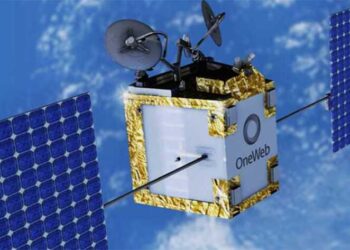
Uranium One Group’s operating company, Headspring Investments, has been granted an Environmental Clearance Certificate (ECC) to start constructing a field laboratory where its main field operations are at farm Tripoli.
The Ministry of Environment, Forestry and Tourism’s licence-approved certification is valid from 10 October 2023 until 10 October 2026.
“The ECC was issued in accordance with section 37(2) of the Environmental Management Act, Act 7 of 2007, and the Environmental Impact Assessment Regulations of 2012 (CG 4878).”
The Uranium One Director of Mining Projects and Headspring Investments Executive Director, Kirill Egorov-Kirillov, says having a field laboratory will be of significant benefit to the company as it reduces the cost and time of examining core samples and determining where the uranium ore body is situated, as well as the grade of the uranium ore.
He adds that the results will be available much quicker than sending samples away for analysis, which means the processes can move faster.
“The issuance of this ECC is a very positive step in the right direction for us. But it should also give hope to those communities that are looking forward to the benefits that will be derived from the envisaged mining operation,†he says.
Egorov-Kirillov says all due processes regarding the Environmental Impact Assessments were followed and the company “has once again illustrated that it is following all of Namibia’s laws, rules and regulations”.
Headsprings Investment has been actively exploring the Omaheke Region with a projected annual revenue of N$6.6 billion for the next 25 years.
Egorov-Kirillov had earlier said positive results from exploration and prospecting, coupled with the justified utilisation of In Situ Leaching (ISL), could lead to an investment of over N$5.3 billion (US$300 million) on a uranium mill.Â
However, since 2021, progress in exploration has come to a standstill due to a significant outcry from some local communities and farmers in the region.
This led to the Ministry of Agriculture, Water and Land Reform revoking the water permit.
Presently, a legal dispute is unfolding, as the ministry contends that the company has not adequately demonstrated that its uranium extraction methods will not result in pollution.
Nevertheless, the company remains determined to initiate uranium mining operations in Namibia by 2029, with aspirations to complete the prospecting and exploration phase by 2026.
The exploration efforts for the Headspring project termed ‘Wings’ began in 2010, and extensive geological studies conducted between 2018 and 2021 have confirmed the existence of a substantial sandstone-type uranium deposit in the region.
Â











